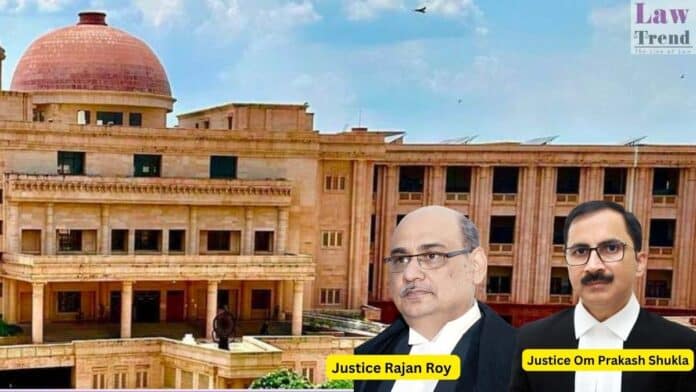The Allahabad High Court, Lucknow Bench, has dismissed a Public Interest Litigation (PIL) filed by Satya Narain Shukla and another petitioner, which sought to extend the benefits of state welfare schemes meant exclusively for Scheduled Castes (SCs), Scheduled Tribes (STs), Other Backward Classes (OBCs), and minorities to all below poverty line (BPL) individuals, regardless of
To Read More Please Subscribe to VIP Membership for Unlimited Access to All the Articles, Download Available Copies of Judgments/Order, Acess to Central/State Bare Acts, Advertisement Free Content, Access to More than 4000 Legal Drafts( Readymade Editable Formats of Suits, Petitions, Writs, Legal Notices, Divorce Petitions, 138 Notices, Bail Applications etc.) in Hindi and English.




